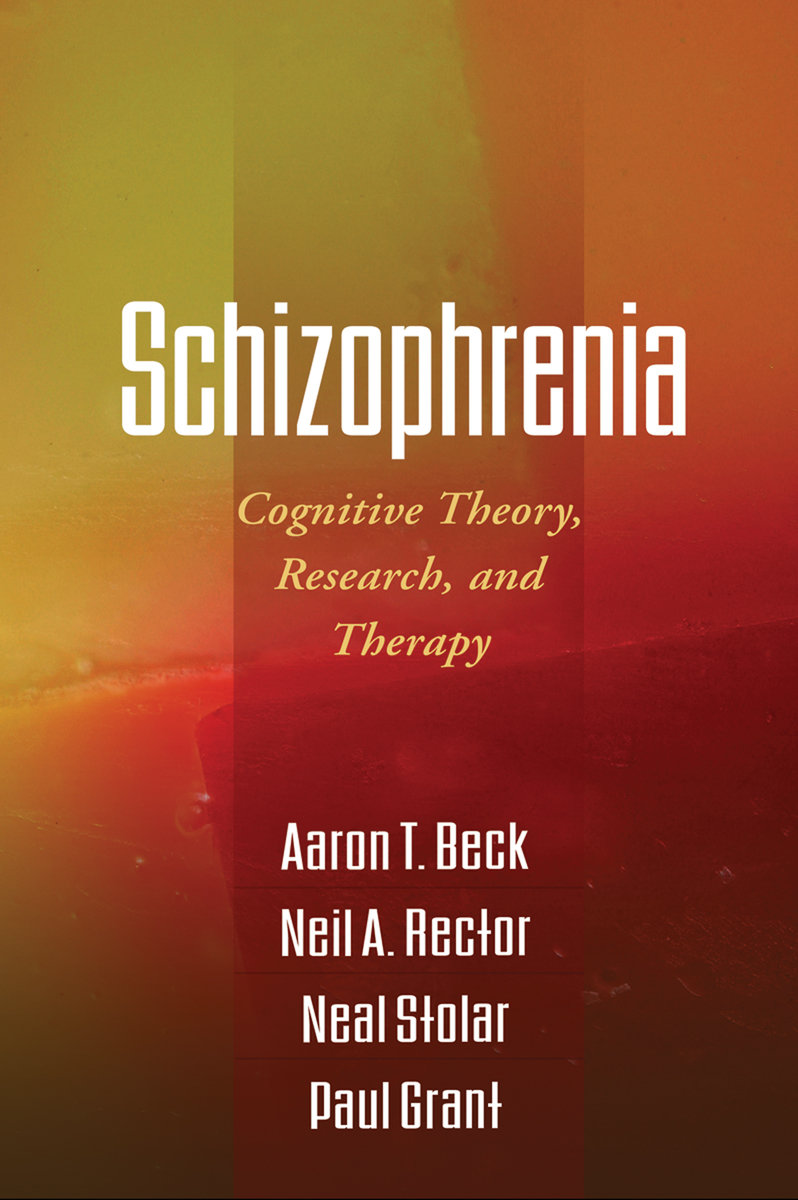From Aaron T. Beck and colleagues, this is the definitive work on the cognitive model of schizophrenia and its treatment. The volume integrates cognitive-behavioral and biological knowledge into a comprehensive conceptual framework. It examines the origins, development, and maintenance of key symptom areas: delusions, hallucinations, negative symptoms, and formal thought disorder. Treatment chapters then offer concrete guidance for addressing each type of symptom, complete with case examples and session outlines. Anyone who treats or studies serious mental illness will find a new level of understanding together with theoretically and empirically grounded clinical techniques.



